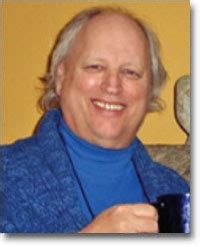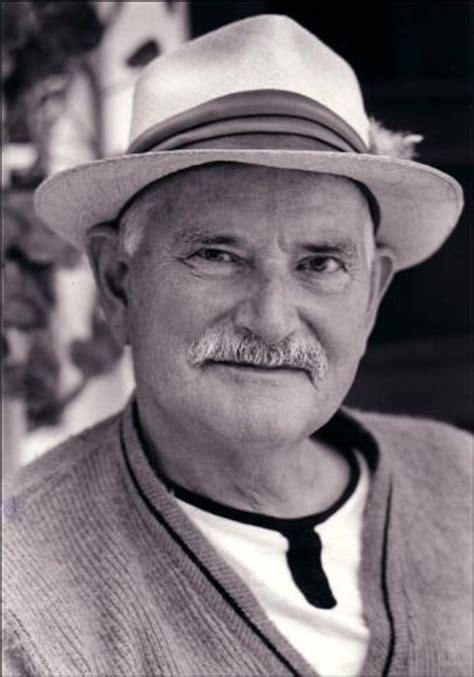A Quote by Rebecca West
A strong hatred is the best lamp to bear in our hands as we go over the dark places of life, cutting away the dead things men tell us to revere.
Related Quotes
And little he knew of the things that ink may do, how it can mark a dead man's thought for the wonder of later years, and tell of happening that are gone clean away, and be a voice for us out of the dark of time, and save many a fragile thing from the pounding of heavy ages; or carry to us, over the rolling centuries, even a song from lips long dead on forgotten hills.
No one wishes for crisis, but when crises come, they can call forth our best impulses, those of compassion, courage, creativity, and community. And if there are crimes and evils hidden in the dark places of our society and the darker places of our consciousnesses, all the better they come to the surface to be seen, understood, confronted, and healed. If our generation is called to bear a burden of that healing, it is a powerful calling and honor and one within our capability.
Hold your hands out over the earth as over a flame. To all who love her, who open to her the doors of their veins, she gives of her strength, sustaining them with her own measureless tremor of dark life. Touch the earth, love the earth, honor the earth, her plains, her valleys, her hills, and her seas; rest your spirit in her solitary places. For the gifts of life are the earth's and they are given to all, and they are the songs of birds at daybreak, Orion and the Bear, and dawn seen over ocean from the beach.
For even satire is a form of sympathy. It is the way our sympathy flows and recoils that really determines our lives. And here lies the vast importance of the novel, properly handled. It can inform and lead into new places our sympathy away in recoil from things gone dead. Therefore the novel, properly handled, can reveal the most secret places of life: for it is the passional secret places of life, above all, that the tide of sensitive awareness needs to ebb and flow, cleansing and freshening.
We'll choose knowledge no matter what, we'll maim ourselves in the process, we'll stick our hands into the flames for it if necessary. Curiosity is not our only motive; love or grief or despair or hatred is what drives us on. We'll spy relentlessly on the dead; we'll open their letters, we'll read their journals, we'll go through their trash, hoping for a hint, a final word, an explanation, from those who have deserted us--who've left us holding the bag, which is often a good deal emptier than we'd supposed.
Maybe we all have in us a secret pond where evil and ugly things germinate and grow strong. But this culture is fences, and the swimming brood climbs up only to fall back. Might it not be that in the dark pools of some men the evil grows strong enough to wriggle over the fence and swim free? Would not such a man be our monster, and are we not related to him in our own hidden water? It would be absurd if we did not understand both angels and devils, since we invented them.
Rich men are to bear the infirmities of the poor. Wise men are to bear the mistakes of the ignorant. Strong men are to bear with the feeble. Cultured people are to bear with the rude and vulgar. If a rough and coarse man meets an ecstatically fine man, the man that is highest up is to be the servant of the man that is lowest down.
A lost sheep is, for all practical purposes a dead sheep. It is the admission that we are dead in our sins---that we have no power of ourselves either to save ourselves or to convince anyone else that we are worth saving. It is the recognition that our whole life is out of our hands and that if we ever live again, our life will be entirely the gift of some gracious shepherd. God finds us the desert of death (not in the garden of improvement) and in the power of Jesus' resurrection, he puts us on his shoulders rejoicing and brings us home.



































